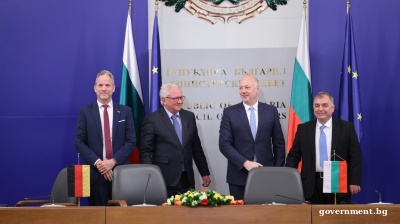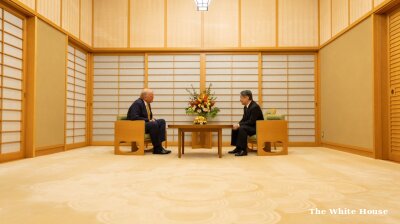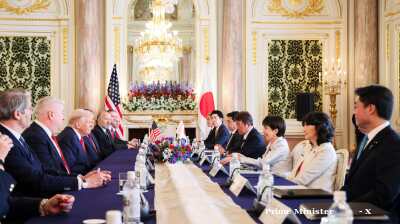The Bosnian parliament’s House of Representatives approved the appointment of Serb Zoran Tegeltija as the next state-level prime minister on December 5, ending a 14-month political deadlock that has persisted since the October 2018 general election.
Tegeltija’s nomination was backed by all main ethnic parties in the country after months of tense negotiations.
In his speech to parliament, Tegeltija said he would form a government as soon as possible and would implement much needed reforms to unlock the country’s EU membership path and secure a new deal with the International Monetary Fund (IMF).
A government should be formed by the end of the year. This could lead to renewed talks with the IMF on a loan deal and to more support from the international community for reforms in Bosnia & Herzegovina.
Tegeltija, an ethnic Serb and a member of Milorad Dodik’s Alliance of Independent Social Democrats (SNSD), was supposed to be nominated in August, following an agreement reached by Bosnia’s three main parties to form a state-level government as long as Bosnia remained committed to “advancing the relationship with Nato without predicting future decisions in relation to membership of Bosnia & Herzegovina.”
However, Dodik, the Serb member of Bosnia’s tripartite presidency, blocked the process, as he opposes Bosnia’s advancement towards Nato membership, delaying the nomination of the prime minister by several months.
The other two members of the presidency said they would not back Tegeltija’s nomination if Dodik refused to first sign the Annual National Programme (ANP) to be sent to Nato.
Unlike Dodik, the leaders of the two other main ethnic parties — Bakir Izetbegovic of the Bosniak Party of Democratic Action (SDA) and Dragan Covic of the Croatian Democratic Union (HDZ) — support the country’s eventual Nato membership.
The country has already been implementing a Nato agreement (IPAP) for several years. These agreements are signed for two years and the latest expires in December. Nato activated Bosnia's Membership Action Plan (MAP) last year, but the country has failed to move forward owing to Dodik's objections.
Under a compromise reached by the presidency, a programme of reforms demanded by Nato as part of Bosnia's process of integration with the alliance but previously blocked by the Bosnian Serbs, should be sent to Nato a day after the parliament confirms Tegeltija as prime minister.
News

Bulgaria signs landmark deal with Rheinmetall to build ammunition plant
Investment reflects Bulgaria’s growing role in Europe’s rearmament drive and Nato’s efforts to strengthen regional defence supply chains and cut reliance on external suppliers.

US-China trade talks deliver breakthrough as markets rally ahead of Trump-Xi meeting at APEC
How and if China will react to a US-Japan rare earths deal remains to be seen but Beijing has said it will suspend its restrictions on rare earth metal exports in what is a move likely to ease pressure on the US tech and defence sectors.

US, Japan sign rare earths deal to ‘secure’ supply chains
The two leaders signed an agreement establishing a framework for cooperation in the mining and processing of rare earths and other essential minerals; a move that underscores growing anxieties over China’s dominance in the sector.
.jpeg)
Mexico secures trade extension with US, averting November 1 tariff escalation
US President Donald Trump and Mexican President Claudia Sheinbaum have agreed to extend a critical trade deadline by several weeks, granting negotiators additional time to resolve 54 outstanding commercial barriers between the nations.




